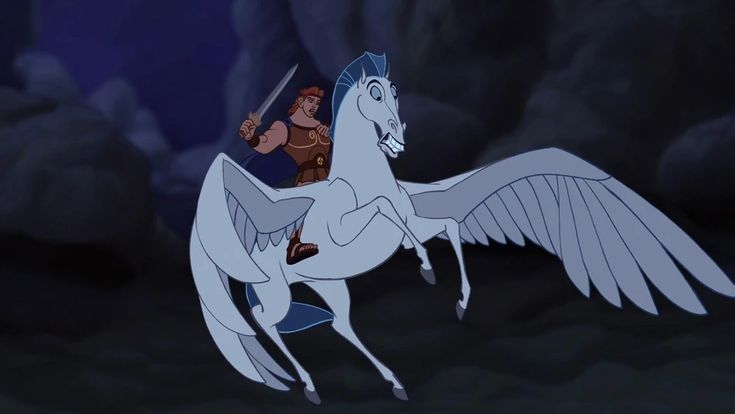Pegasus, the majestic winged horse, soars through our imagination. Often paired with Hercules in popular culture, Pegasus’ true origins lie steeped in rich Greek mythology. Join us as we explore 10 fascinating facts that reveal the legend behind the wings
Mythical Birth: Unlike a typical horse, Pegasus wasn’t born the usual way. He sprang forth from the severed neck of the monstrous Gorgon, Medusa, when slain by the hero Perseus.
Divine Parentage: Some myths claim Pegasus had two divine parents. Poseidon, the god of the sea and earthquakes, was his father, while Medusa was his mother.
Symbol of Inspiration: Pegasus wasn’t just a powerful creature; he was also a symbol of inspiration for the Muses, the goddesses of the arts and sciences.
Tamed by a Hero (Not Hercules): Contrary to popular belief, it wasn’t Hercules who first tamed Pegasus. In Greek mythology, the hero Bellerophon captured the winged horse with the golden bridle given to him by Athena, the goddess of wisdom and warfare.
Bellerophon’s Adventures: With Pegasus by his side, Bellerophon embarked on several heroic quests, including slaying the fire-breathing Chimera.
Hubris and a Fall: Bellerophon, filled with pride, attempted to ride Pegasus to Mount Olympus, the home of the gods. However, Zeus, the king of the gods, thwarted his arrogance, throwing Bellerophon from Pegasus’ back.
Constellation in the Sky: Pegasus’ fame reached beyond the mortal realm. He was immortalized as a constellation in the night sky, where his form is still recognizable.
More Than Just White: While often depicted as a pure white horse, some myths describe Pegasus with a rose-red mane or other variations.
Magical Wellspring: A legend tells of Pegasus creating a magical spring of inspiration by striking the ground with his hoof on Mount Helicon, a place sacred to the Muses.
A Lasting Legacy: Pegasus transcended Greek mythology. His image and stories have been retold and reimagined throughout history, inspiring artists, writers, and filmmakers for centuries.
